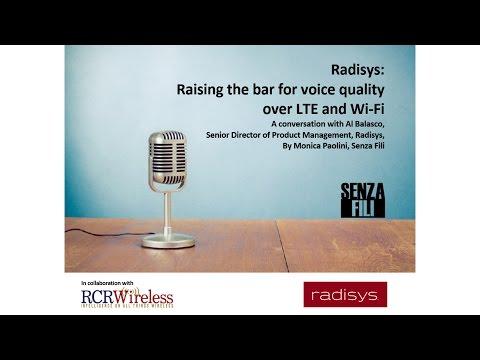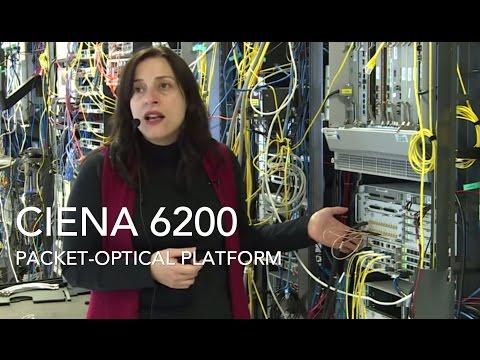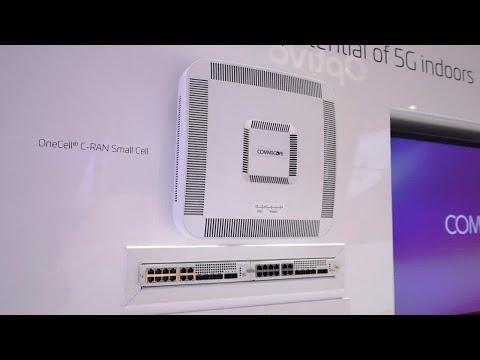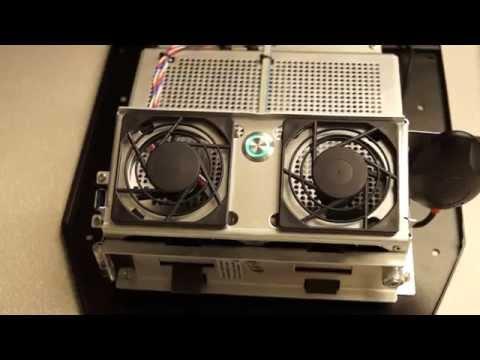Introduction To Voice Over IP
Description
Follow Eli on the Vlog Channel: https://www.youtube.com/user/EliComputerGuyLive
Info
Level: Beginner
Presenter: Eli the Computer Guy
Date Created: August 8, 2010
Length of Class: 60 Minutes
Tracks
Telephone Systems
Prerequisites
Introduction to Telephone Systems
Introduction to Convergence
Purpose of Class
This class discusses the basic components and requirements for a business or enterprise Voice Over IP telephone system.
Topics Covered
VoIP Servers
VoIP Clients
Gateways
Protocols
Codecs
Network Latency
QOS
Unified Communications
Class Notes
VoIP Servers
VoIP Servers route calls like a traditional PBX
There are proprietary and Open Source versions of VoIP Server software
VoIP Clients
VoIP "phones" are all client computers
Hard Phones are computers made to look like traditional phones
Soft Phones are software that is installed on a computer so that the computer can be used as a phone
Gateways connect VoIP networks to the PSTN (Public Switched Telephone Network)
Protocols
VoIP Systems use protocols for servers and clients to communicate
SIP is a standards based protocol that numerous vendors use
Codecs are used to encode voice communication
Codecs determine the Sound Quality and the Bandwidth usage of a call
Most VoIP servers come with codecs that you can use without any extra fees. If you need better codecs they can be purchased
Network Latency and QOS
Network latency is the time it takes for data to get from point A to point B
Standard telephones have a latency of 45ms, VoIP can have a latency of up to 75-100ms.
QOS -- Quality Of Service -- is a feature of networking equipment that allows the equipment to prioritize network traffic based on what it is.
Unified Communications is the idea that computer programs and server should be able to work with telephone communications.
























